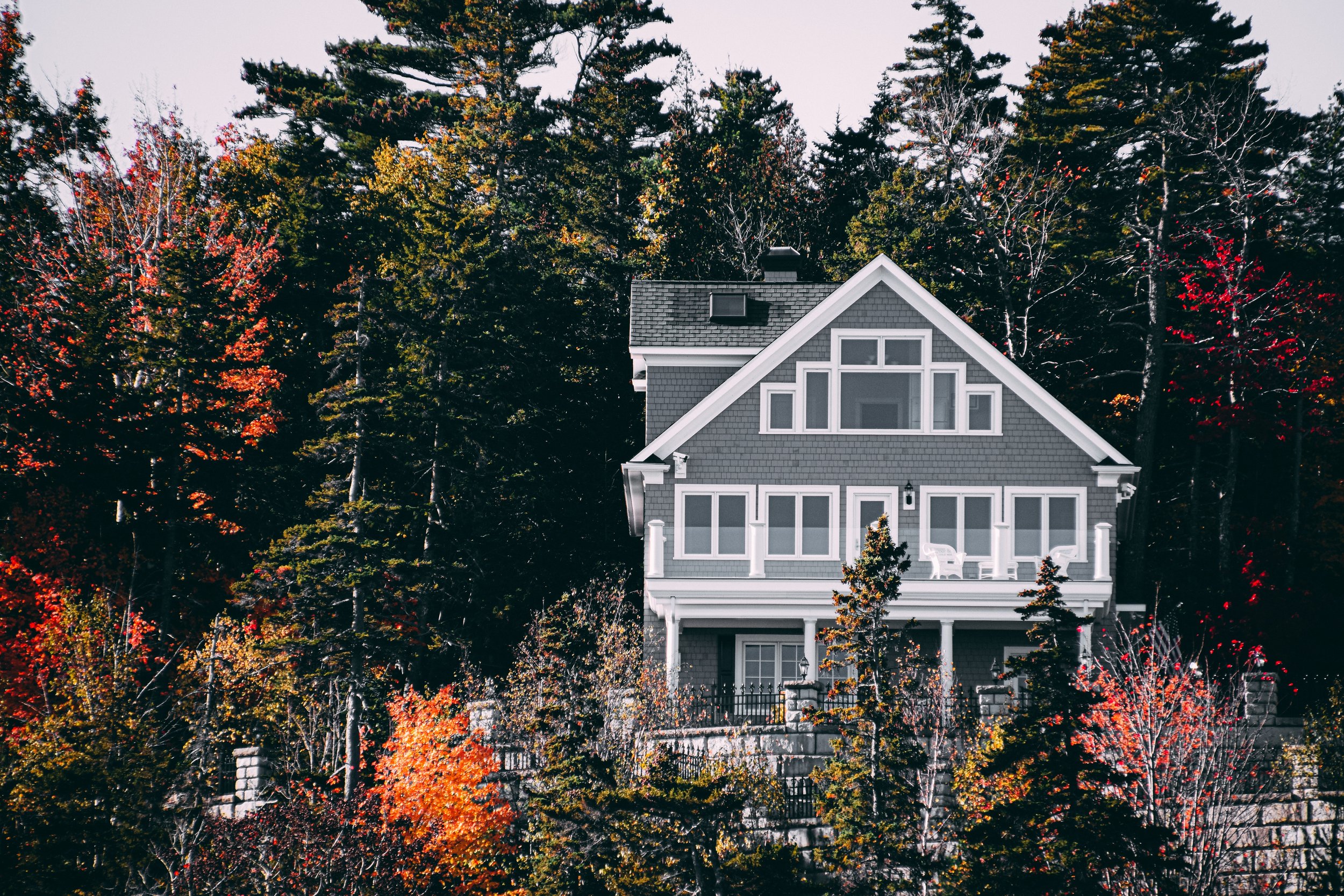Biggest Factors to Consider When Buying Your Next Home
Is it Time to buy? You might be wondering how many more years you should be renting. Maybe your friends have started moving, buying homes, and settling down. Or maybe you know someone who is flipping homes and renting out Airbnb's. Whatever your reason, buying a home is no small task.
How much time you (or your renters) intend to spend in the home is a large consideration. The ideal time span for renting is if you plan to spend 3 to 4 years in a certain place. If your plans are longer than 4 to 5 years, it may be time to think about buying. This is because the cost of moving, buying a home, and all other expenses tend to add up if only staying for a short period of time before selling again. This also allows for more time to build equity and potential for increased home value.
How much money you should spend on the home will dictate if/when you should buy. Ideally, people should spend no more than 25% of their gross pay on living expenses. This includes mortgage, utilities, taxes, and other related home expenses. Some HCOL (High Cost of Living) areas may see a percentage closer to 40%-50%. Using our Mortgage tool can help you understand your potential monthly payment based off of the price of the home you are looking at. Your budget can also expand a bit on the home with a lower interest rate, or if you plan on renting out the home you can configure your budget differently. Talking to your realtor or advisor about your potential goals with the home will help you to see how the budget can be worked with.
Interest rates are rising, but don’t let that stop you from buying right now. There are different options for every homebuyer. One option is an ARM (Adjustable-Rate Mortgage) - a varying percentage of interest depending on the time period. Though In periods of rising rates, this may not be the best option. Others prefer fixed interest rates, meaning the interest rate percentage is fixed for the life of the loan. This may be more preferable to lock in a lower rate before it rises further. There are a couple interest rate tools to help decrease the original interest rate you have and see how it can affect your cashflow.
You’ve found the perfect home with the perfect price tag, but how can you get the down payment? The more money you put down will lessen both the monthly and interest rate payments. What if you don’t want to put down more than the required 10%? Private Mortgage Insurance will help bridge the gap if you can only afford to put down 12%, for example. This insurance helps protect the lender in case payments cannot be made on the home. Making sure the PMI insurance fits in your budget will take out the guesswork on being able to afford the down payment.
If you are confused by all this, don’t worry! Find a trusted realtor, or financial advisor, to discuss your options and make the most out of this new chapter in your life.
For more helpful content on personal finance check out our other blog posts here.


